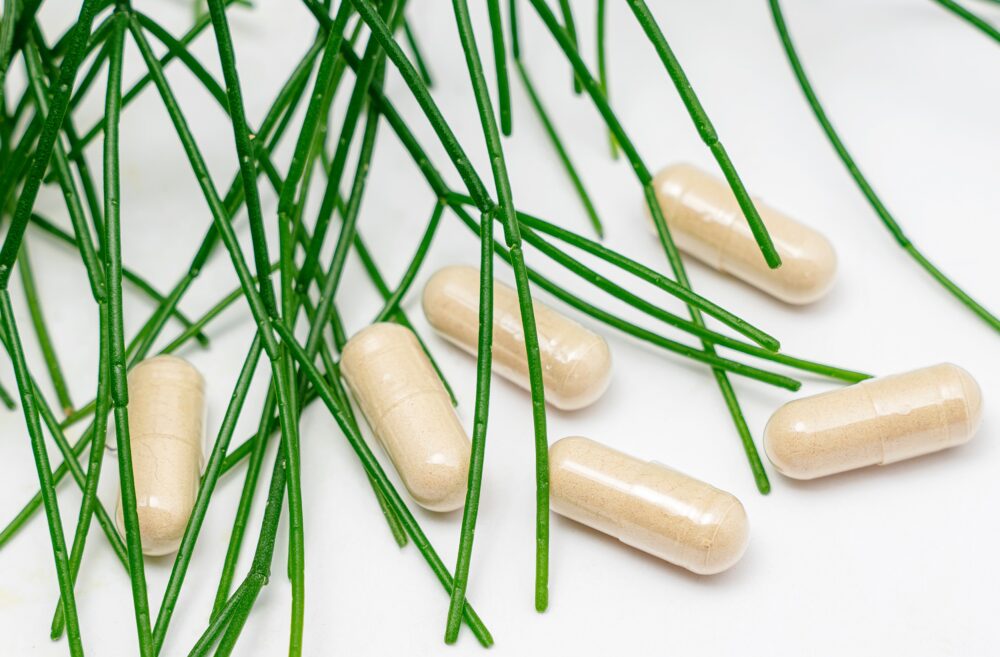Understanding the Relationship: Can You Get Hepatitis from Kratom?

Can you get hepatitis from kratom?
As kratom has become more well-known as a natural treatment for a variety of illnesses in recent years, concerns regarding its safety have also surfaced. One of the questions posed is if consuming kratom can result in hepatitis. Viral infections, some drugs, and other substances can result in hepatitis, an inflammation of the liver. To fully comprehend the impact of kratom on health, it is imperative to investigate this possible link between kratom and hepatitis. Can you get hepatitis from kratom?
Kratom: Synopsis
The stimulant and analgesic qualities of kratom, which is made from the leaves of the tropical Southeast Asian tree Mitragyna speciosa, have long been utilized. Its main ingredients, 7-hydroxy mitragynine, and mitragynine, interact with the brain’s opioid receptors to produce effects akin to those of opioids. Although a lot of people talk about how great it is in treating pain, anxiety, and the symptoms of opioid withdrawal, questions have been raised over its safety record.
Kratom and Hepatic Function
It’s unclear exactly how kratom and liver health are related. According to several accounts, using kratom might cause liver damage, including hepatitis. Liver inflammation is the hallmark of hepatitis, which can be brought on by several viruses (hepatitis A, B, or C), excessive alcohol usage, some drugs, and even herbal remedies.
Several case studies have hinted at a possible link between liver damage and kratom use. It’s still unknown, though, how kratom could induce hepatitis. Variables including individual reactions, adulteration with additional chemicals or pollutants, and varying quality of kratom products, could cause these negative effects.
Knowing about Hepatitis
It’s critical to comprehend the various forms of hepatitis and their causes to comprehend the potential relationship between kratom and hepatitis:
Viral Hepatitis: Liver inflammation and damage are known outcomes of hepatitis viruses, specifically hepatitis B and C. The main ways that these viruses spread are through blood contact, unprotected intercourse, and mother-to-child transmission after childbirth.
Drug-Induced Hepatitis: Several pharmaceuticals, including prescription, over-the-counter, and herbal supplements, have the potential to generate hepatitis. Liver poisoning or an allergic response can cause this type of hepatitis.
Does Kratom cause Hepatitis?
Although there isn’t enough proof to draw firm conclusions about a direct causal link, research on kratom’s ability to cause hepatitis is still ongoing. But prudence is advised, particularly in light of certain markets’ lax regulation and lack of quality control over kratom products. Customers need to be informed about the possible hazards of kratom use, such as issues related to the liver.
Recognizing the Concerns: Several case studies and anecdotal reports point to a possible link between liver damage and kratom use. However, it is difficult to determine a direct causal link between kratom and hepatitis for several reasons:
Limited Research: There are few thorough research that looks precisely on the possible connection between kratom and hepatitis. Most of the evidence is derived from single incidents or small user groups, making it challenging to reach firm conclusions.
Quality and Purity: One major worry is the absence of regulations and quality control in the manufacturing and distribution of items containing kratom. The liver may suffer from kratom batches that have been contaminated or adulterated with other drugs.
Individual Variation: Due to factors including heredity, pre-existing medical conditions, concurrent drug use, or variations in kratom product potency, people may react to kratom differently. These variations may make it more difficult to determine the precise effect of kratom on liver health.
Case Studies and Research Results: Several case reports have described situations in which people who used kratom developed liver-related side effects, such as hepatitis. But, these reports frequently don’t include detailed information on other possible causes, so it’s hard to link the liver problems to kratom use alone.
An analysis of cases of liver damage linked to kratom usage was published in the journal “Pharmacotherapy” in 2018. Only seven of the 404 occurrences of liver damage connected to dietary supplements—according to the study—were related to kratom. The study did highlight the necessity for additional research into the possible hepatotoxic effects of kratom.
Hypothetical Mechanisms: It is unclear exactly how exactly kratom could cause hepatitis or liver damage. According to some theories, some of the alkaloids included in kratom, like mitragynine, may affect liver metabolism and enzymes, which could lead to liver damage. More in-depth study is necessary as insufficient proof supports these mechanisms.
Safety Guidance and Precautions
People contemplating or utilizing kratom have to be cautious because there are unknowns regarding the substance’s impact on liver health:
Source Selection: To reduce the possibility of contaminants or impurities, get kratom from reliable suppliers.
Dosage Control: Follow suggested dosage recommendations and refrain from using excessive amounts, as larger doses may raise the risk of negative consequences.
Health Monitoring:
Keep an eye out for any strange symptoms, particularly those about liver function, and get help from a doctor if something seems off.
Safety Measures to Take and Advice
Here are some things to think about if you use or are thinking about taking kratom:
Source High-Quality Products: To reduce the chance of adulteration or contamination, buy kratom from reliable suppliers.
Dosage awareness: Adhere to suggested dosage recommendations and refrain from overindulging since higher dosages may carry a higher risk of negative effects.
Track Your Well-Being: Keep an eye out for any strange symptoms, particularly those associated with liver function, such as jaundice, dark urine, or pain in the abdomen. If you encounter such symptoms, get medical help.
Speak with a Healthcare Professional: To determine the hazards involved with using kratom, especially if you are taking medication or have a history of liver disease, speak with a healthcare professional.
Conclusion
Research and discussion on the connection between kratom and hepatitis are still underway. Although a few case studies and anecdotal evidence point to a possible connection, there is still a lack of solid scientific proof linking the two. However, people should approach kratom intake cautiously, emphasize procurement from reputable providers, and remain knowledgeable about its potential impact on liver health due to the potential hazards connected with its use. With further research, perhaps, a better understanding of kratom’s effects on the liver will surface, offering more guidelines for safe usage.
